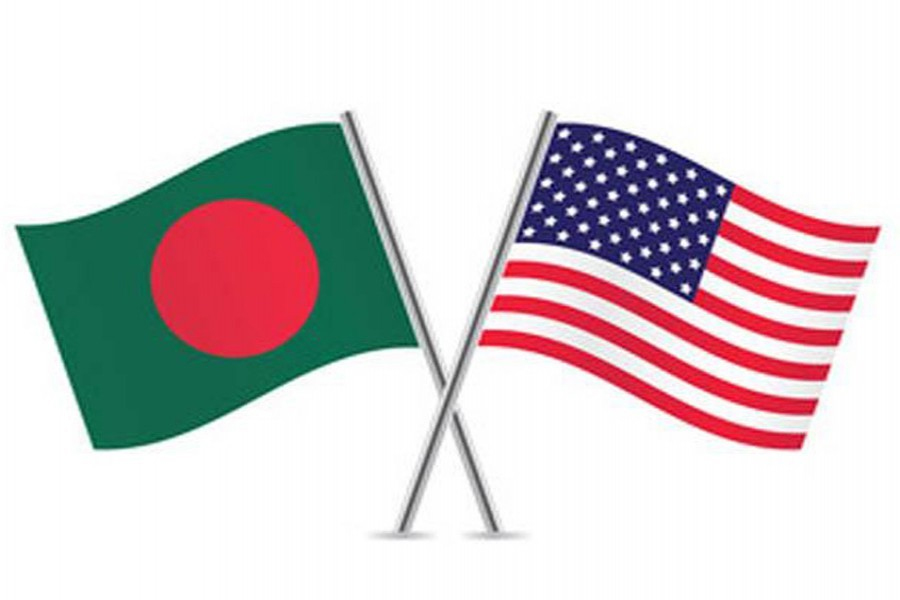
Published :
Updated :

As the first ever visit by any foreign diplomats to Bangladesh following the political changeover at its helm, a high-powered multi-agency U.S. delegation met the leaders of the interim government headed by Chief Adviser Dr Yunus on September 15 last. Considering the composition of the visiting delegation which included the Deputy Under Secretary for International Finance and Development at the US Treasury Department, Brent Neiman, and the Assistant Secretary of State for the Bureau of South and Central Asia, Donald Lu, it is plain that the US wants to see the interim government of Bangladesh succeed and prosper. Small wonder that the USAID (US agency for foreign aid) promptly responded to the CA's request to the US government for financial assistance by extending a grant of over US$200 million to carry through its (interim government's) development agenda that include development, youth empowerment, strengthening democracy and governance. The agreement clearly highlights the interim government's development focus which prioritises inclusive growth and prosperity for all. This undoubtedly is a good augury for the weeks-old interim government of Bangladesh.
As the interim government has inherited all the social and economic ills left by the fallen government, which, while discussing with the US delegates, the CA termed an 'ocean of corruption', the enormous challenges facing this administration cannot be overstated. Needless to say, the interim government sought US support for carrying out the reforms of the judiciary, the police, the civil administration, anti-corruption commission, and the effort to retrieve the country's stolen assets from abroad. However, these are all internal issues that need urgent addressing to pave the way for establishing good governance. Bangladesh can amply benefit from the US's centuries old rich experience in this regard. For instance, in getting back the money siphoned off from the country to the US, Canada and different European destinations, the US support can play a critical role.
The deliverability of these efforts at various reforms and recovering stolen assets from abroad will certainly see a qualitative improvement with external technical support. But the most important issue that remains to be addressed is repatriation of more than a million Rohingya refugees to their ancestral homeland in the Rakhine state of Myanmar. Notably, these victims of genocide in neighbouring Myanmar escaped with their lives to Bangladesh. It may be recalled that the first phase of the ethnic cleansing of the Rohingya population began in October 2016 and continued till January 2017, while the second phase started in August 2017 and has been continuing sporadically since. As a consequence, no repatriation effort succeeded so far. Worse yet, fresh waves of Rohingya are entering Bangladesh from time to time. This is too much for Bangladesh's fragile economy to sustain. Bangladesh's development partners including the US should help Bangladesh in resolving the festering Rohingya repatriation issue. Hopefully, Dr Yunus with his global acceptability, especially in the US, may use his goodwill to find a lasting solution to the problem.
Various reform agenda aside, the most important support Bangladesh can have from the US is for trade and investment. In this connection, Bangladesh should try to get zero-tariff access for all its exports to the USA. At the same time, more investment from US entrepreneurs in the country's major sectors particularly the energy and IT can contribute significantly to the country's economic growth.


 For all latest news, follow The Financial Express Google News channel.
For all latest news, follow The Financial Express Google News channel.